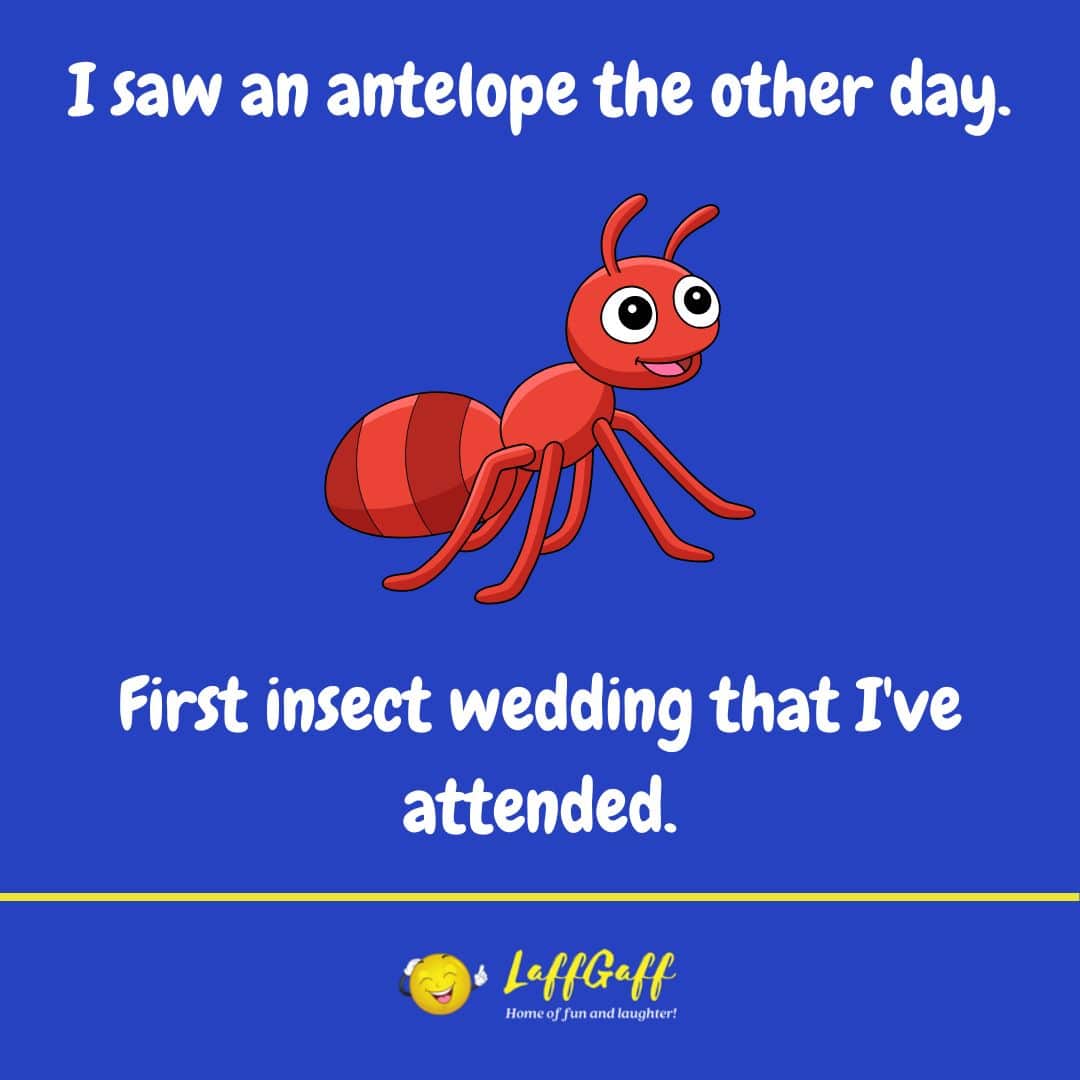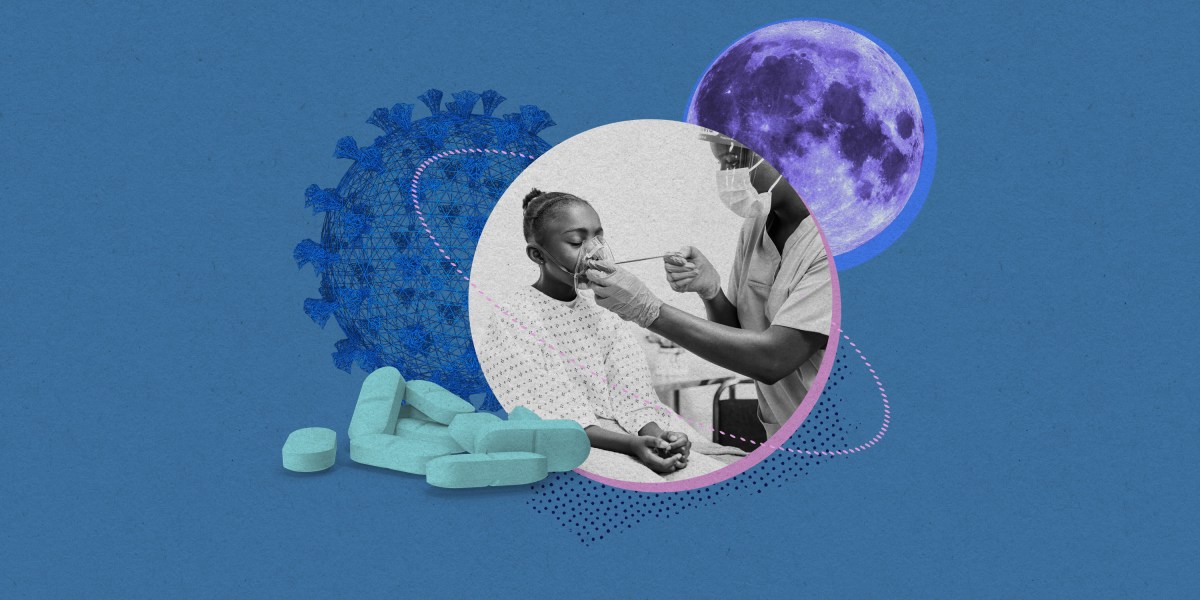This is today’s edition of The Download, our weekday newsletter that provides a daily dose of what’s going on in the world of technology.
How open-source drug discovery could help us in the next pandemic
When the covid pandemic hit, our antiviral coffers were bare. After all, developing drugs for diseases that don’t pose an immediate threat isn’t exactly lucrative. But what would happen if we took profit out of the equation and made drug discovery a collaborative process rather than a competitive one?
The researchers behind the Covid Moonshot, an open-science initiative to develop antivirals that began back in March 2020, published their results this week. The effort produced 18,000 compound designs that led to the synthesis of 2,400 compounds. One of those became the basis for what is now the project’s lead candidate: a compound that targets the coronavirus’s main viral enzyme.
Maybe that doesn’t feel like a huge win. Even if the compound works, it will likely take many more years to develop it into a drug. But the need for another antiviral that’s ready for the next pandemic or next outbreak or the next variant is still very relevant. Read the full story.
—Cassandra Willyard
This story is from The Checkup, MIT Technology Review’s weekly biotech newsletter. Sign up to receive it in your inbox every Thursday.
How this Turing Award–winning researcher became a legendary academic advisor
Every academic field has its superstars. But a rare few achieve superstardom not just by demonstrating individual excellence but also by consistently producing future superstars.
Computer science has its own such figure: Manuel Blum, who won the 1995 Turing Award—the Nobel Prize of computer science. He is the inventor of the captcha—a test designed to distinguish humans from bots online.
Three of Blum’s students have also won Turing Awards, and many have received other high honors in theoretical computer science, such as the Gödel Prize and the Knuth Prize. More than 20 hold professorships at top computer science departments. But is there some formula to his success? Read the full story.
—Sheon Han
This story is from our most recent print issue of MIT Technology Review, which is all about society’s hardest problems, and how we should tackle them. If you don’t already, subscribe now to get future issues when they land.
The must-reads
I’ve combed the internet to find you today’s most fun/important/scary/fascinating stories about technology.
1 Humane wants to sell us a future of ‘ambient computing’
The company wants to liberate us from smartphones—via even more technology. (NYT $)
+ The voice and touch-only interface sounds pretty fiddly. (TechCrunch)
+ What are we supposed to use it for, exactly? (The Verge)
2 Google has launched a new anti-terrorism content tool
Altitude gives smaller platforms the ability to track, detect and remove terror content. (Wired $)
+ Google has a new tool to outsmart authoritarian internet censorship. (MIT Technology Review)
3 Apple’s €14.3 billion tax dispute is back on the agenda
An EU court decision from 2020 has been called into question, and a new assessment could be on the horizon. (FT $)
+ It’s been ordered to pay $25 million in a hiring discrimination case, too. (The Verge)
4 Video chat site Omegle is no more
After a recent lawsuit found it gave sexual predators free rein online. (Fast Company $)
+ The site had a long, problematic history of sexual abuse issues. (Wired $)
5 Meta is staging a bold return to China
More than a decade after Facebook was blocked from operating there. (WSJ $)
+ The company needs China more than it’s willing to admit. (Rest of World)
6 Labcorp’s workers say they’re burnt out
The healthcare company’s rigid productivity targets are pushing them to the brink. (404 Media)
7 Amazon is officially a fashion flop 
Its hopes of becoming a bricks and mortar clothing giant have been dashed. (The Information $)
+ The war over fast fashion is heating up. (MIT Technology Review)
8 For adult content creators, OnlyFans is the pathway to mainstream success
The platform dominates the industry, but its stars don’t care. (WP $)
+ Fame in the age of AI looks a little different these days. (Economist $)
9 Meet the disaster microbiologists
Catastrophes can alter the environment, and microbes that affect our health, forever. (Proto.Life)
+ Your microbiome ages as you do—and that’s a problem. (MIT Technology Review)
10 Hollywood’s old guard are unlikely TikTok sensations
Iconic directors are staring down entirely different lenses—and they like what they see. (The Guardian)
Quote of the day
“It was just freaking out. Broken needles. Chaos.”
—Amardeep Singh, a UX designer, describes the carnage caused when he tried to feed an old-school sewing machine a modern fabric to the Wall Street Journal.
The big story
How scientists want to make you young again

October 2022
A little over 15 years ago, scientists at Kyoto University in Japan made a remarkable discovery.
When they added just four proteins to a skin cell and waited about two weeks, some of the cells underwent an unexpected and astounding transformation: they became young again. They turned into stem cells almost identical to the kind found in a days-old embryo, just beginning life’s journey.
Now, after more than a decade of studying and tweaking so-called cellular reprogramming, a number of biotech companies and research labs say they have tantalizing hints that the process could be the gateway to an unprecedented new technology for age reversal. Read the full story.
—Antonio Regalado
We can still have nice things
A place for comfort, fun and distraction in these weird times. (Got any ideas? Drop me a line or tweet ’em at me.)
+ Say hello to the Kenyan volcano toad: a newly-discovered amphibian with a penchant for chilling in high-risk locations.
+ Talking of volcanoes, scientist Jackie Caplan-Auerbach knows how to tune into their songs (yes really!)
+ David Lynch, Toto, and Dune: what a combo.
+ Kick back and relax with this list of the greatest debut albums—there’s some real bangers in there.
+ I’ll have my pizza with a side order of Pearl Jam, please.












